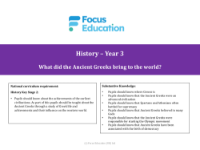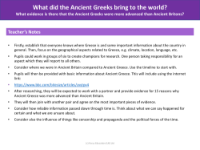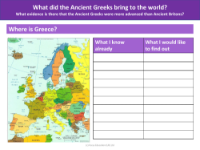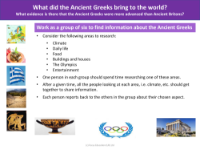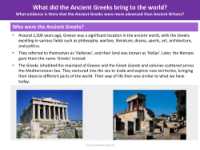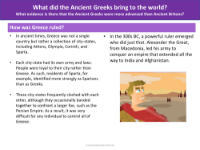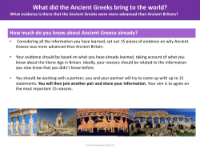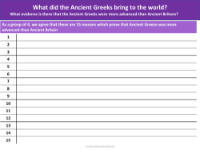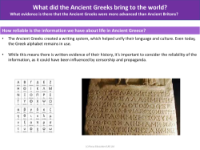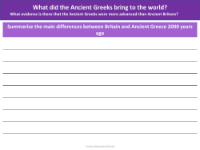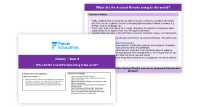How much can we rely on information from 2000 years ago?
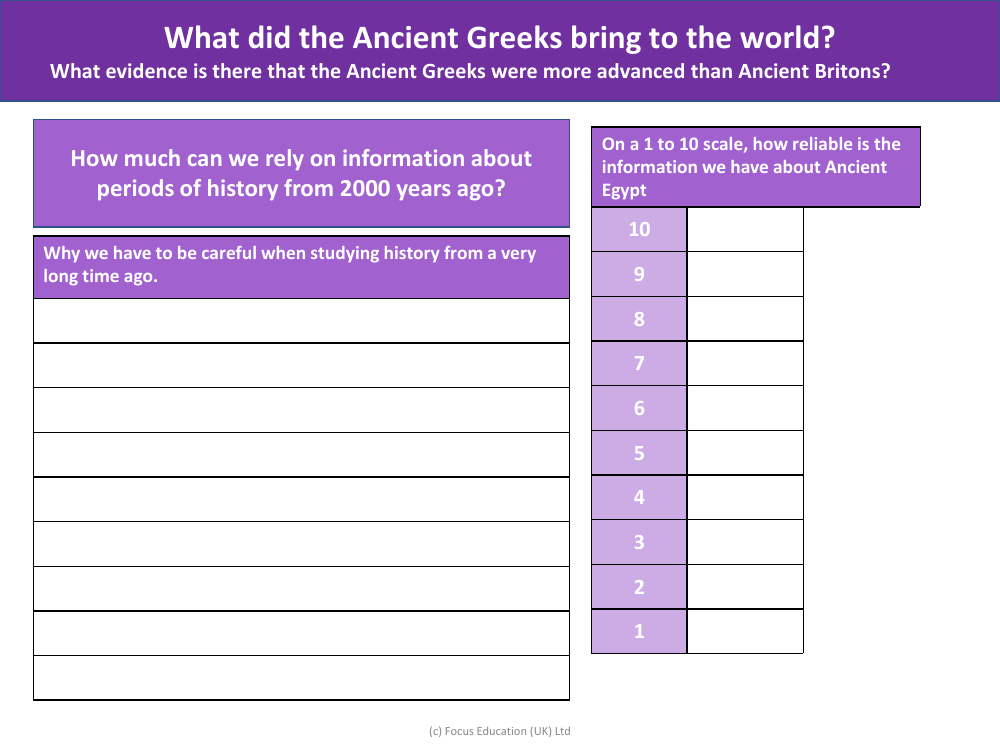
History Resource Description
The reliability of historical information from 2000 years ago can vary widely, and our confidence in such data must be tempered with caution. The further back in time we go, the more challenging it becomes to ensure the accuracy of the information we have. This is due to a number of factors, including the availability and preservation of sources, the potential biases of historical recorders, and the interpretative nature of archaeology and historiography. While some periods, such as Ancient Egypt, are well-documented through a wealth of artefacts, inscriptions, and architectural marvels, assigning a definitive reliability score, such as a '10' on a scale, would be overly simplistic. Each piece of evidence must be critically evaluated on its own merits.
The Ancient Greeks are renowned for their contributions to the world in various domains, including philosophy, science, art, and governance. Their advancements are evident when compared to the contemporaneous Ancient Britons, particularly in terms of documented achievements. The Greeks established foundational principles in geometry, astronomy, and medicine, and they developed democratic political systems that have influenced modern governance. The evidence of their advancement is found in the philosophical texts of Plato and Aristotle, the dramatic works of Sophocles and Euripides, the architectural grandeur of the Parthenon, and the scientific inquiries of Archimedes and Hippocrates, among others. These enduring legacies offer clear indications of the sophisticated level of Greek civilisation relative to their ancient counterparts, including the Britons, who at the time had not yet developed a written language or similar monumental structures.
